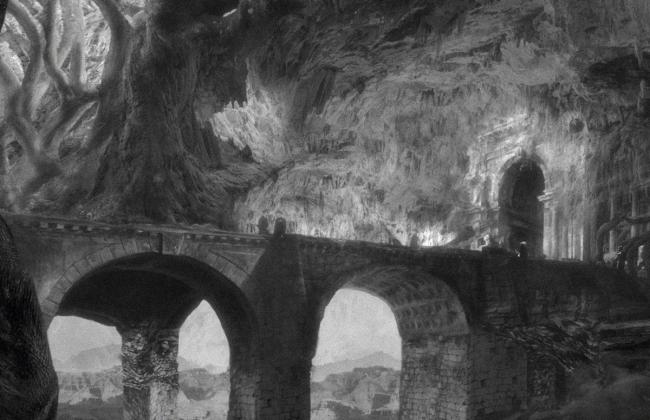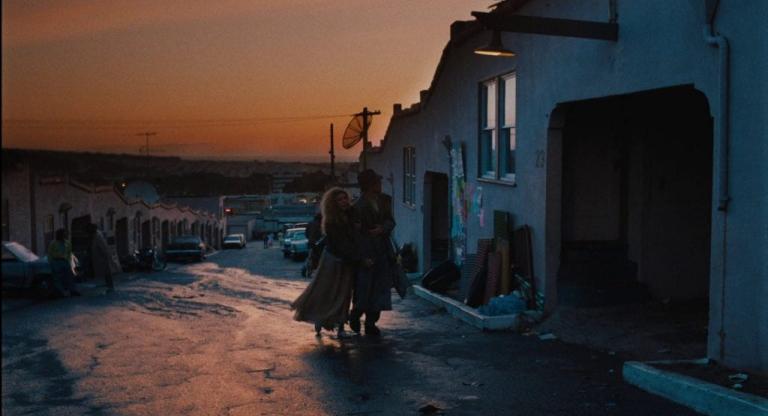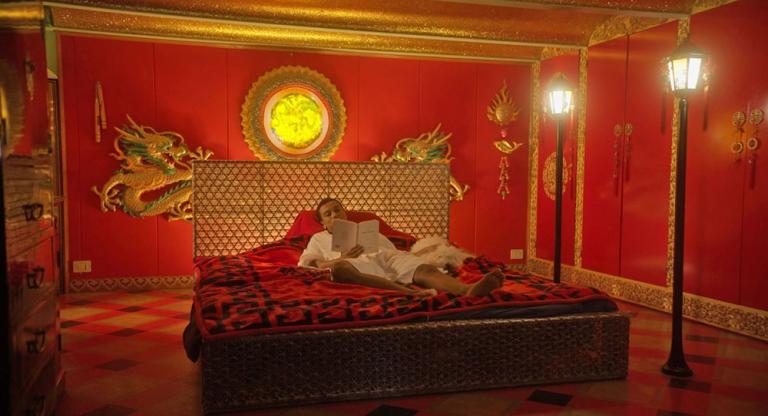Aleksandr Sokurov, who has been recognized with the prestigious distinction of being a “People’s Artist of Russia,” has also faced censorship from the Russian Ministry of Culture in recent years. He was denied the right to leave Russia after criticizing the invasion of Ukraine in 2022. Nevertheless, he left the country to attend the premiere of his new film Fairytale (2022) at the Locarno Film Festival in Switzerland. Back in Russia, his film has been slapped with a vague ban and denied distribution. He mostly teaches these days and in an interview with Notebook, told the film critic Jordan Cronk that “when financing opportunities do arise, I leave them to my students.” Sokurov is living out a strange home-arrest of sorts, incapable of realizing more films due to lack of financing and increased scrutiny from the state; after Russian authorities banned Fairytale, he said: “I am a Russian person, I have a Russian passport. Why should I realize myself abroad?”
His new film combines archival footage and deepfake technology to strange effect. Like most of his films, it is about history and power, except that it exists at a total remove from realism. Fairytale is a historical burlesque, with Churchill, Mussolini, Hitler, and Stalin trapped in purgatory. It is both a natural extension of his “Tetralogy of Power”—which investigates the lives of Hitler, Lenin, Hirohito, and Faust—and an aesthetic expansion upon his signature somberness as a filmmaker. The film’s monochrome vision of purgatory recalls the Medieval hell of Aleksei German’s Hard to Be a God (2013), as it does the faux-rudimentary look of Gábor Bódy’s American Torso (1975), with the stark contrast between Fairytale’s harsh blacks and searing whites creating a singular dimension of light that appears unbound by any aesthetic laws whatsoever. Fairytale exists beyond good and evil, in an aesthetic zone of its own, and as the work of a filmmaker whose attentiveness to the crises and characters that defined the 20th century in previous films has put him in the unique position to make a film that glides over the historical causes and psychological catalysts that determined the trajectory of World War II to instead explore the era’s most visceral qualities—its mood, its colors, its mania, and its nastiness.
The clash between Fairytale’s gorgeously rendered backdrops—all fashioned after paintings, sketches, and still photographs from the 20th century—and twitchy deepfake versions of Churchill, Mussolini, Hitler, and Stalin—among other historical figures—makes the film feel like a natural hell-spawn of the contemporary age. Although most deepfake technology remains linked to pornography, its use in the realm of politics is steadily on the rise. About a year ago, Putin was interviewed by a deepfake version of himself; deepfake videos of Putin and President Volodymyr Zelenskyy declaring peace and surrender, respectively, have been the source of routine takedowns on social media; in the United States, deepfakes of comedic and malicious intent were shared throughout the recent election. Whether intended or not, Sokurov’s deepfake purgatory feels like ground zero for a new order of political and aesthetic innovation. His pocket of recycled history anticipates a world in which the future is always at a remove and the present persists as an accumulation of history in disrepair, with a couple of bad actors perpetuating its dissolution while everyone around them stares in disbelief, aware something is off, but incapable of putting their finger on what and how to fix it.
Fairytale screens this Wednesday, January 15, at BAMPFA.





